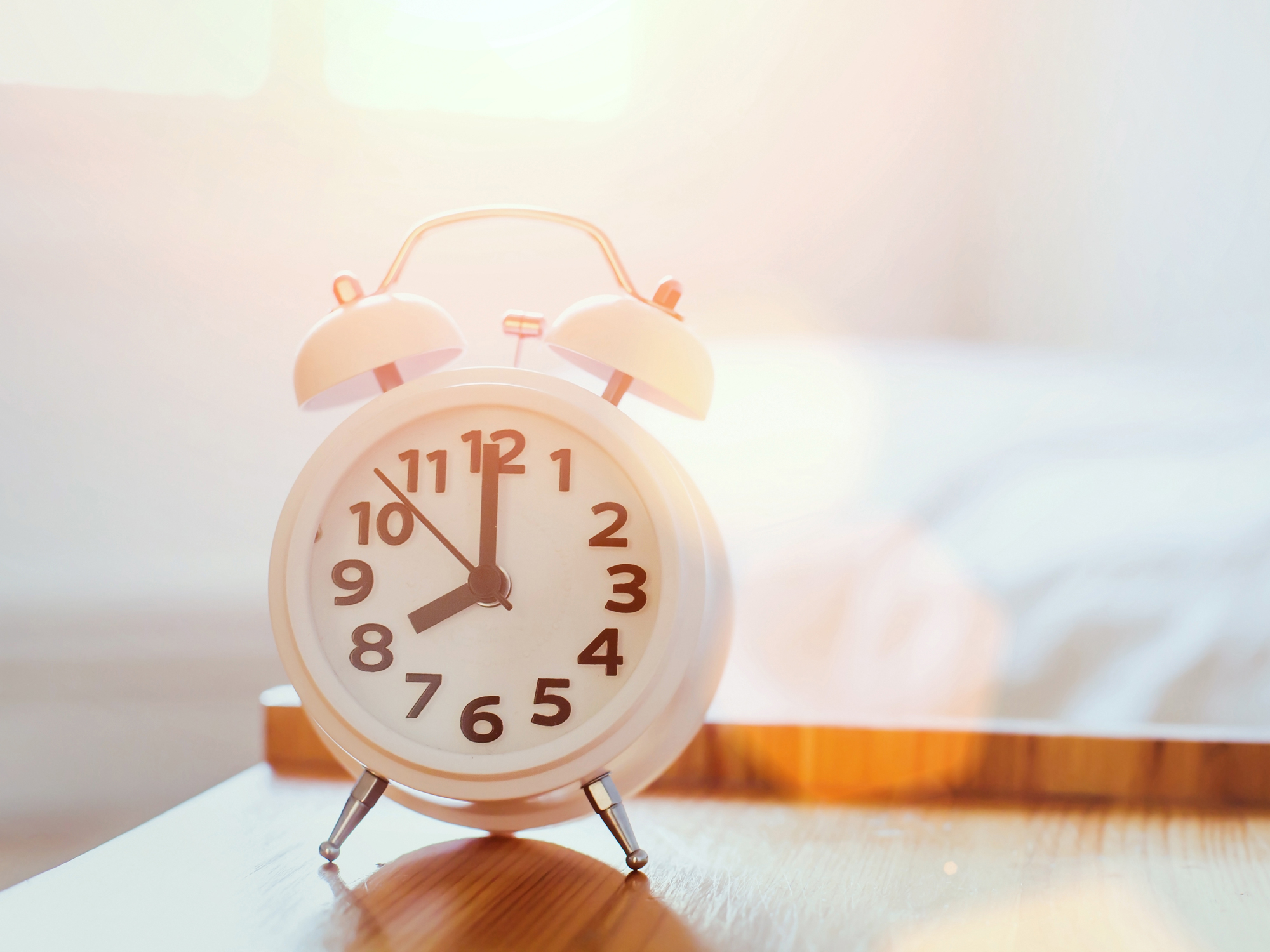Get Easy Health Digest™ in your inbox and don’t miss a thing when you subscribe today. Plus, get the free bonus report, Mother Nature’s Tips, Tricks and Remedies for Cholesterol, Blood Pressure & Blood Sugar as my way of saying welcome to the community!
5 ways to spring forward without stroke risk

Does daylight savings time (DST) throw you off-kilter?
It does me. I’ve always dreaded when the clocks fall back the most though. I don’t like shorter days and less sunlight.
Of course, this weekend we are springing forward.
I’ll be glad to see longer days but not the disruption, minor though it may seem to most, to my circadian rhythm. After all, when we spring forward we lose an hour — and some of us, maybe even you, need that hour more than we may realize…
A Finnish study suggests that turning the clock ahead or back one hour during daylight saving time transitions may be tied to an eight percent increased risk of ischemic stroke.
That may not seem like a lot, but in the study group of patients hospitalized during the week following a daylight-saving time transition, researchers broke it down further: Patients with cancer were 25 percent more likely to experience stroke during that period than any other, and patients over 65 were 20 percent more likely.
This study isn’t the first to discover a health risk associated with DST either…
In 2014, a very large study looked at more than 42,000 hospitalizations occurring over three and a half years and found a 25 percent increase in heart attacks occurring the Monday after we spring forward compared to other Mondays.
Now, I’m not sharing this to frighten you. Most likely, the worst springing forward may hold for you is a bad mood after being cheated of an hour of sleep.
But why not ease into the transition — not only to improve your mood but also to avoid disrupting your circadian rhythm and elevating your stroke risk?
Your circadian rhythm is an internal time clock or pattern that influences processes in the body and mind. These biological and behavioral developments are set in 24-hour cycles. Along with the sleep-wake cycle, your body’s circadian rhythm causes changes in blood pressure, basal body temperature and hormonal release. There truly is a connection between your internal time clock and your health — and there are some things you can do to manage any impact the time change may have on you…
According to Greg Murray, an expert on the circadian system from Swinburne University of Technology in Australia, the best strategy is just to accept daylight savings and ease into it gradually. He suggests:
- Avoid consuming any more caffeine or alcohol than your body is used to during this time.
- Make the most of light exposure — avoiding too much in the evening (especially blue light from electronics) and getting more in the mornings.
- Avoid scheduling anything stressful, strenuous or serious on the days following the time change if at all possible. That way nothing compounds the stress on your internal clock.
I have two more personal recommendations:
- Add a lot more fiber to your diet. This may sound odd to you, but fiber has been found to decrease your stroke risk by as much as 34 percent. If you do that one thing, you’ll be better covered whether it’s time to spring forward or fall backward.
- For a few days following the time change, take advantage of safe natural ways to fall asleep. You’ll likely have a little trouble adjusting at your normal bedtime. My go-to sleep aids are marvelous melatonin and tart cherry juice.
Editor’s note: Did you know that when you take your body from acid to alkaline you can boost your energy, lose weight, soothe digestion, avoid illness and achieve wellness? Click here to discover The Alkaline Secret to Ultimate Vitality and revive your life today!














